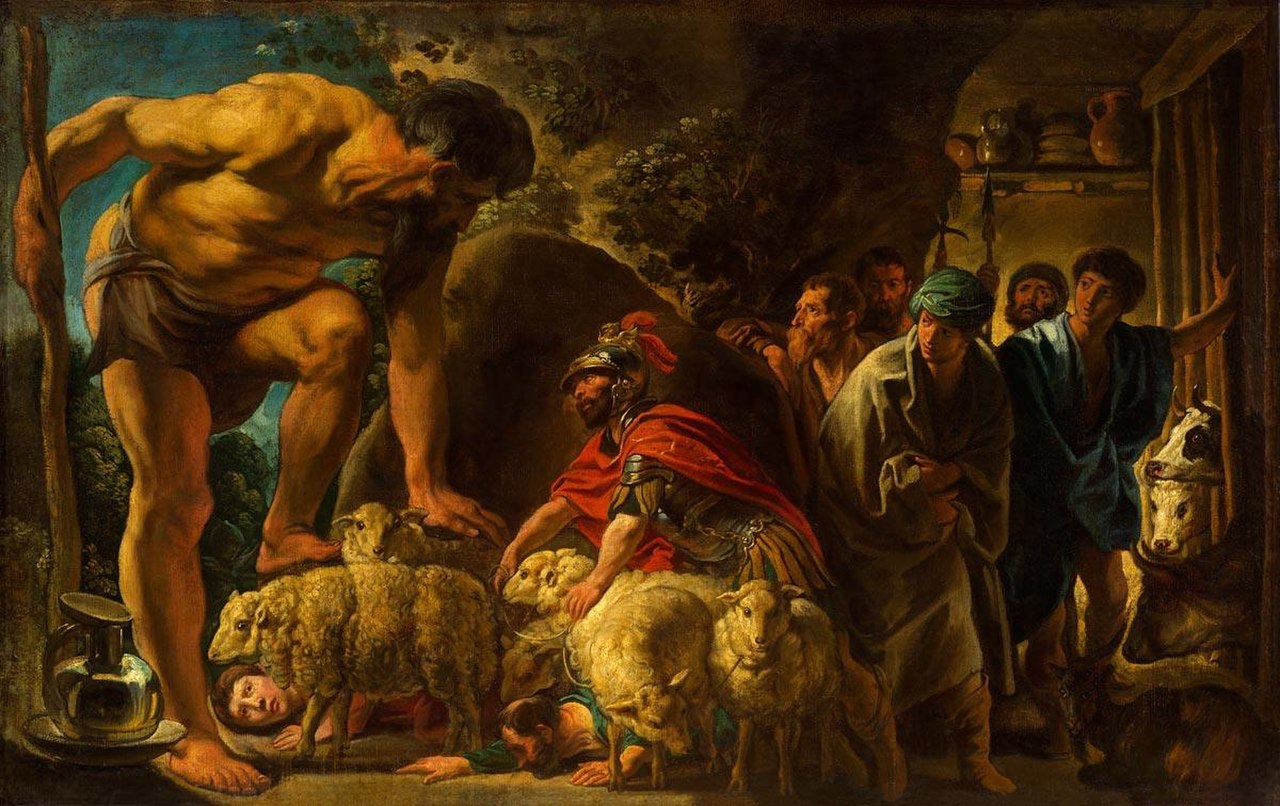Seneca, Moral Epistles 72.3-4
“Something needs to be done even on days like today that are completely filled with business. There’s never a time when new tasks won’t come up—the way many arise from just one. And then we keep giving ourselves excuses, ‘when I have finished this, I will focus with my whole mind’ and ‘if I complete this annoying matter, I will commit myself to studying.’
But philosophy can’t be put off until you have spare time! Everything else should be ignored so we need to pay attention to the very thing for which no amount of time is sufficient, even if we had the longest human life possible from childhood on. There’s no difference whether you ignore philosophy or return to it only intermittently. It does not stay where it was when you left it. It returns to where it was before just like things that break apart when they are stretched too tight.
We should push back against those tasks that take up our time–they can’t be disentangled; instead they need to be rejected. Truly, there is no time that isn’t good for studying. But many people don’t even bother thinking during the conditions that require us to study!”
Nihilominus his quoque occupatis diebus agatur aliquid et quidem totis. Numquam enim non succedent occupationes novae; serimus illas, itaque ex una exeunt plures. Deinde ipsi nobis dilationem damus: “cum hoc peregero, toto animo incumbam “et” si hanc rem molestam composuero, studio me dabo.”
Non cum vacaveris, philosophandum est; omnia alia neglegenda, ut huic adsideamus, cui nullum tempus satis magnum est, etiam si a pueritia usque ad longissimos humani aevi terminos vita producitur. Non multum refert, utrum omittas philosophiam an intermittas; non enim ubi interrupta est, manet, sed eorum more, quae intenta dissiliunt, usque ad initia sua recurrit, quod a continuatione discessit. Resistendum est occupationibus, nec explicandae, sed submovendae sunt. Tempus quidem nullum parum est idoneum studio salutari; atqui multi inter illa non student, propter quae studendum est.

Like this:
Like Loading...



